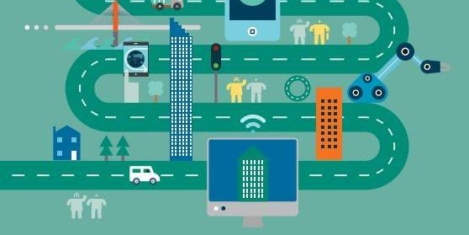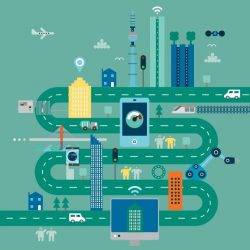November 19, 2018
Business leaders call for legislation ensuring compulsory mental first aid at work
 Business leaders have called today for the Government to update health and safety legislation to protect mental health in the workplace. In an Open Letter to the Prime Minister signed by more than 50 leaders of some of Britain’s biggest employers including PwC, Royal Mail, WHSmith, Mace, Ford and Thames Water calls on the Government to prioritise its manifesto pledge to amend health and safety legislation to put mental and physical first aid on an equal footing. With mental health issues estimated to cost the UK economy almost £35 billion every year as 15.4 million working days are lost to work-related stress, depression or anxiety the letter, signed by the Chairman of Mental Health First Aid England and the CEO of Bauer Media Group, along with leaders of some of the UK’s biggest employers, are asking that workplaces are required to make provision for mental as well as physical first aid.
Business leaders have called today for the Government to update health and safety legislation to protect mental health in the workplace. In an Open Letter to the Prime Minister signed by more than 50 leaders of some of Britain’s biggest employers including PwC, Royal Mail, WHSmith, Mace, Ford and Thames Water calls on the Government to prioritise its manifesto pledge to amend health and safety legislation to put mental and physical first aid on an equal footing. With mental health issues estimated to cost the UK economy almost £35 billion every year as 15.4 million working days are lost to work-related stress, depression or anxiety the letter, signed by the Chairman of Mental Health First Aid England and the CEO of Bauer Media Group, along with leaders of some of the UK’s biggest employers, are asking that workplaces are required to make provision for mental as well as physical first aid.































October 26, 2018
We need to move on from the stigma of mental health to finding solutions
by Gary Helm • Comment, Wellbeing
More →